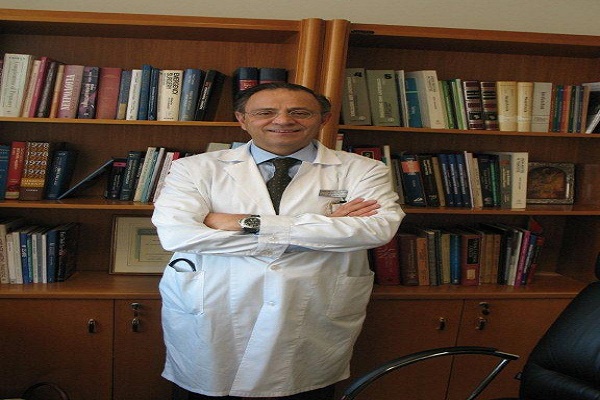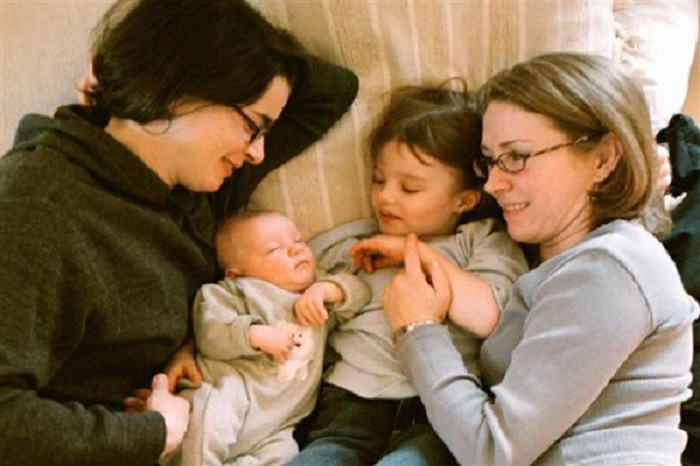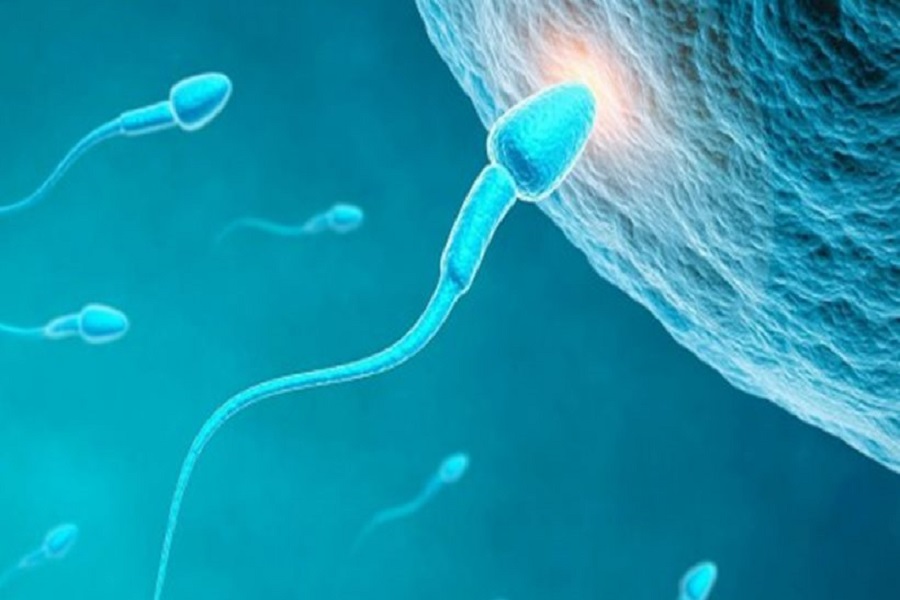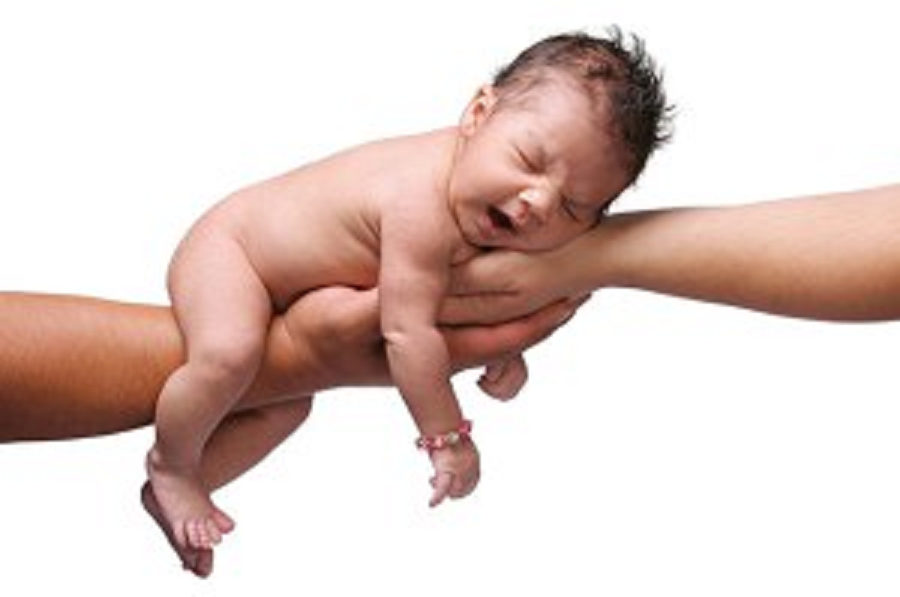News
New law for Assisted Reproduction in Austria
Published on: 19/04/2015
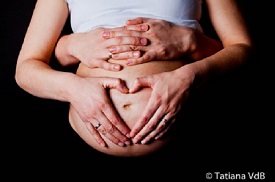 On November 13th 2014, the draft new law on Assisted Reproduction in Austria was submitted with a joint initiative of the ÖVP and SPÖ political parties.
On November 13th 2014, the draft new law on Assisted Reproduction in Austria was submitted with a joint initiative of the ÖVP and SPÖ political parties.The reason for the amendment was a lesbian couple who requested judicial authorization in 2012 in order to have a child via assisted reproduction. The law of 1992, which regulated MART was abolished after the judicial vindication of the two women, as according to the court’s decision it was unconstitutional. The decision was based on the fact that the restriction of access to MART only for heterosexual couples is unconstitutional.
The new draft law was criticized heavily by part of the Catholic Church and by organizations such as Aktion Leben. The Minister of Justice Brandstetter made it clear that he and his colleagues looked for a draft law, which gathers the consensus of all and can be socially acceptable and consistent with the decisions of higher courts.
The innovations introduced by the new law:
Sperm donation from third donor and egg donation should be allowed (with age limits) and are accessible also to lesbian couples, but the mediation and commercialization of egg donors are prohibited. This makes access to egg donation difficult.
Preimplantation genetic diagnosis (PGD) should be prohibited, but there will be exceptions. For example it will be allowed, after three miscarriages or three failed IVF attempts, or to prevent serious, incurable diseases.
The lonely women are forbidden to have access to MART with sperm donation, while also remain banned surrogacy and embryo donation. The «Social freezing», oocyte cryopreservation will be allowed only on medical grounds and in certain cases - eg in case of cancer therapy.
The new draft law thus gives to lesbian couples access to MART adaptive to medical progress and social developments. Austria becomes part of the list of many European countries which already allow egg donation.
Criticism was voiced by non-governmental organizations, for the short consultation period of two weeks, so that any changes could be made before the end of the year (2014). Also, the fact that negotiations by the government were made behind closed doors, without the participation of society and citizens generate discomfort. Particularly the egg donation is controversial because these donors are exposed to significant health risks. Assisted reproduction is an ethical and sociopolitical issue, which will certainly lead to many more debates.
Source: OpenScience .or.at
- Published on: 28/06/2016
- Gov. John Bel Edwards has reversed course from his predecessor and agreed to create regulations governing surrogacy births in Louisiana. Read more
- Published on: 18/05/2016
- Experts point out that serious questions are raised regarding the birth of a child by an elderly woman Read more
- Published on: 18/05/2016
- A controversial geneticist, Severino Antinori, who became known for helping women over 60 years old to become pregnant, was arrested for stealing eggs from a patient. Read more

